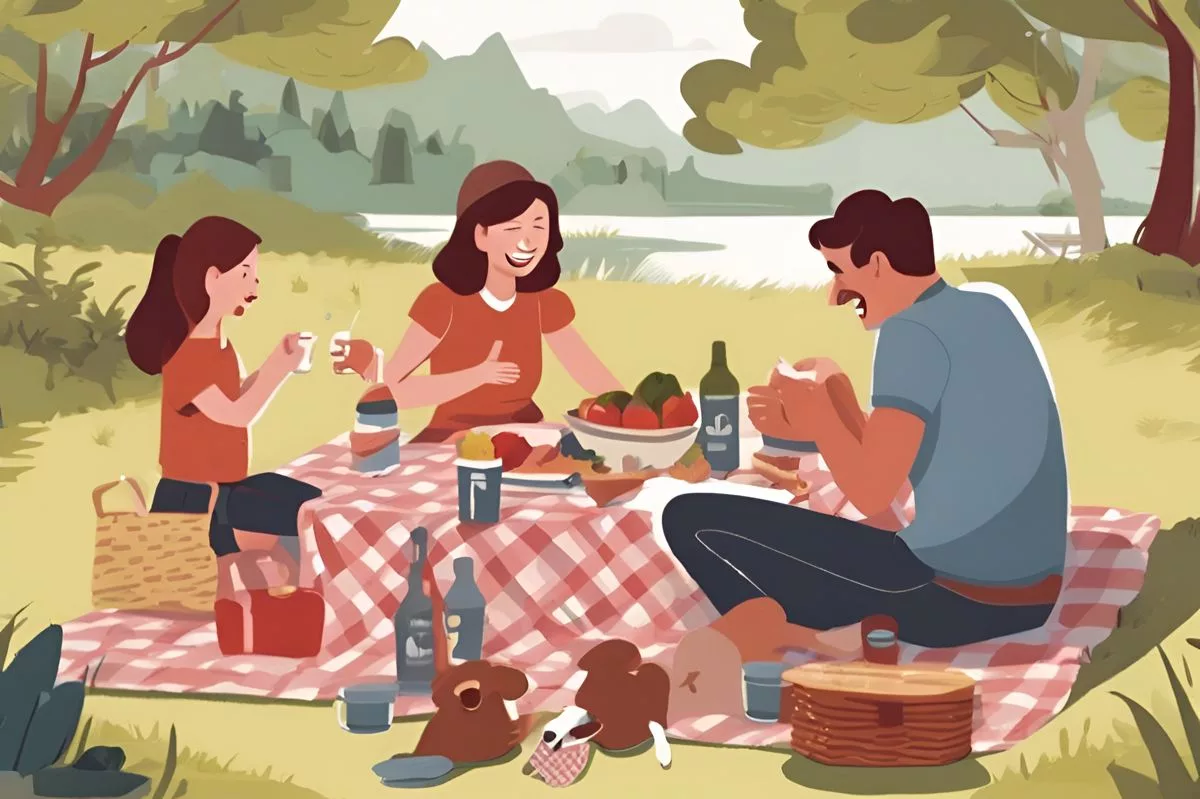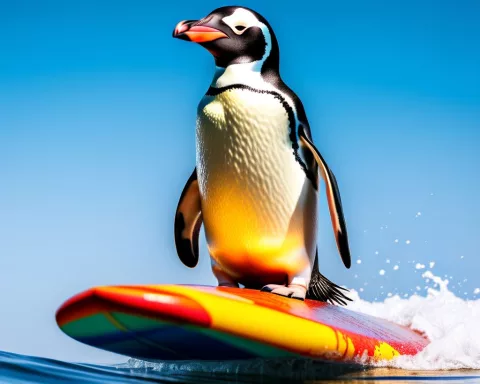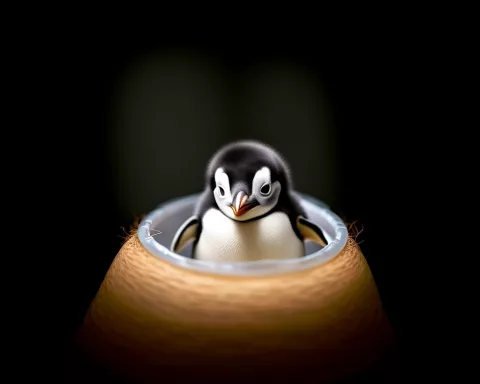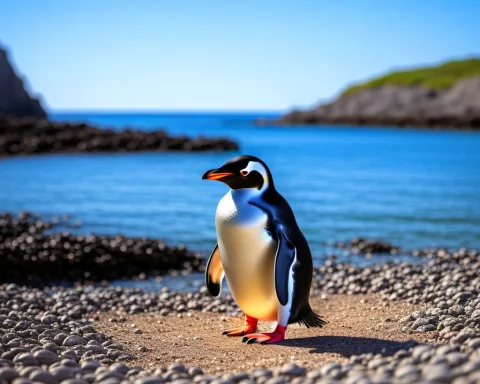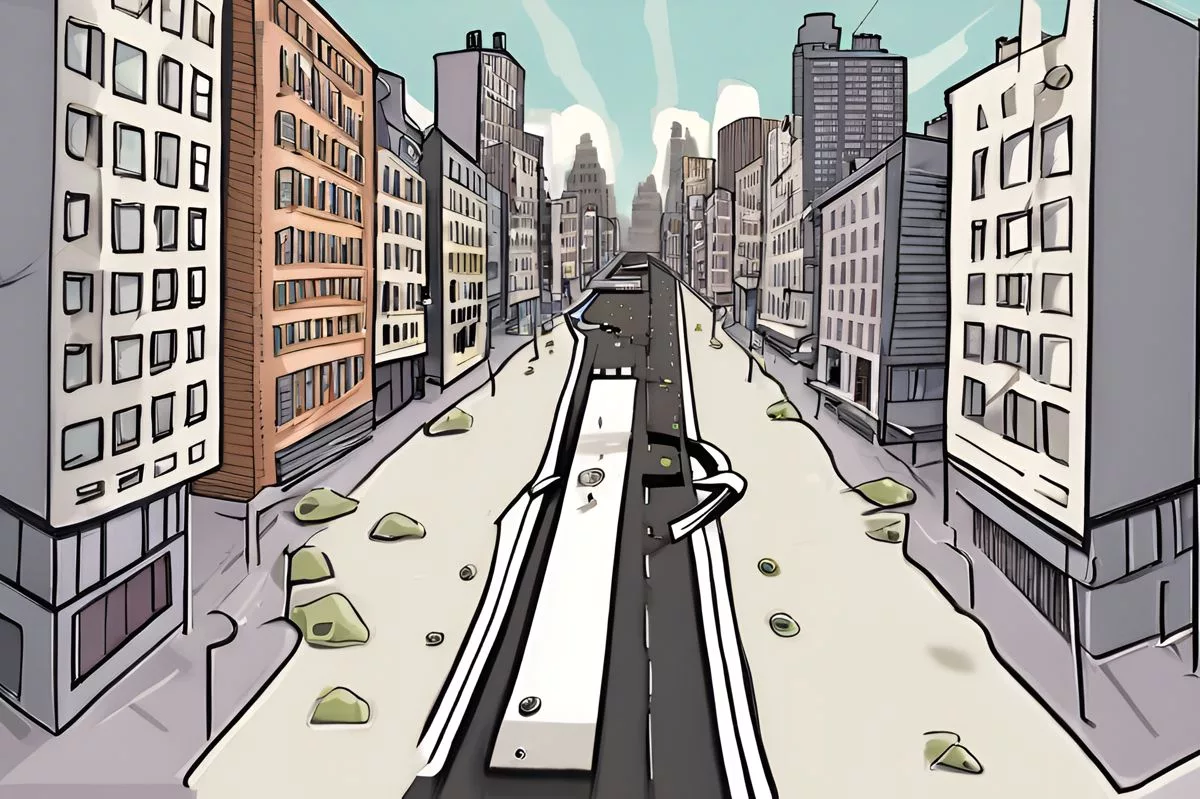The South African National Parks Week is a celebration of the special bond between South Africans and their natural environment, offering free access to various national parks for residents over the age of 18. This year’s theme, “Own Your National Parks,” calls for every individual to protect and preserve these parks for future generations. The event highlights the invaluable natural and cultural riches within South Africa, and promotes the innovative Kruger, Kirstenbosch-iSimangaliso Icon Status Strategy (KISS) to transform national parks into globally recognized tourist destinations and economic anchors for the nation.
What is the South African National Parks Week?
The South African National Parks Week is an annual week-long event that aims to celebrate the profound connection between South Africans and their natural environment. It offers free access to all South African residents over the age of 18 at various national parks, including Kruger, Kgalagadi, Addo, and certain sections of Table Mountain. The theme for this year, “Own Your National Parks,” is a powerful call to action towards every individual to protect and preserve these parks for future generations.
Subtitle: An Insight into the Natural Masterpieces of South Africa
In the tranquil dawn at Marakele National Park in Limpopo Province, Dr. Dion George, the South African Minister of Forestry, Fisheries and The Environment, kicked off the 19th installation of the South African National Parks Week. The Minister played a pivotal role in engaging a diverse audience comprising local government executives, SANParks board members, the media, sponsors, and distinguished guests.
Recently part of the African Ministerial Conference on the Environment in Abidjan, Côte d’Ivoire, Dr. George brought forward knowledge and perspectives from debates regarding environmental issues impacting Southern Africa and globally. He articulated that the National Parks Week aims to foster a reconnection between humans and the natural legacy that genuinely belongs to them.
Marakele National Park, a peaceful sanctuary nestled in the grand Waterberg Mountains, was the ideal backdrop for the inauguration. The event served as a profound reminder of the breathtaking sceneries that define South Africa and the massive duty we hold to safeguard them for future generations. The Minister’s cordial reception was extended to all attendees, ranging from newcomers to veteran nature lovers.
Subtitle: Strengthening the Bond with Nature
The annual week-long commemoration is much more than merely celebrating the profound connection between South Africans and their natural environment; it also aims to consolidate this relationship. The exceptional offer to savor the magnificence of national parks free of charge strengthens this link. The event, which lasts until the 15th of September, grants free access to all South African residents over the age 18 at various parks, including the renowned Kruger, Kgalagadi, Addo, and certain sections of Table Mountain.
South Africa takes pride in its vast network of 21 national parks, spread across six provinces, each under the management of SANParks. The theme for this year, “Own Your National Parks,” serves as a powerful call to action towards every individual. It is a sincere request to view these parks as more than just visually appealing landscapes; instead, they are an integral part of our cultural legacy, a heritage we bestow onto the future generations. The onus to protect and preserve them is shared.
National Parks Week has developed into a sturdy platform that exhibits the invaluable natural and cultural riches within South Africa since its inception. With the gesture of free access, SANParks extends a welcoming hand to all South Africans, nurturing a deeper gratitude for the plentiful biodiversity and historical richness within these parks.
Subtitle: Looking Towards the Future
As we recognize the importance of National Parks Week, it is essential to envision the future. Dr. George underscored the new Kruger, Kirstenbosch-iSimangaliso Icon Status Strategy, or KISS, an innovative initiative aimed at promoting our parks, botanical gardens, and marine protected areas into globally acknowledged tourist destinations.
KISS aspires to transform these national gems into economic anchors for our nation. Through cutting-edge management methods and enhanced visitor experiences, the objective is to ensure our parks actively participate in conserving our natural and cultural legacy while simultaneously contributing to an inclusive, green economy. This strategy will pave the way for investment, community development, poverty reduction, and notably, job creation, primarily for the youth.
Encouraging youth participation in conservation endeavors generates a positive loop. Their rapport with nature instills a sense of proprietorship, motivating them to protect these resources. Furthermore, their engagement with our national parks could steer them towards potential career avenues in areas like conservation, ecotourism, and environmental management and protection.
National parks not only foster unity within our communities but also exemplify what we can accomplish through joint effort. They fortify the bonds that unite us as a nation, with local communities, business magnates, and political representatives contributing to the success and preservation of these parks.
In conclusion, Dr. George extended his gratitude for the support from all stakeholders. He lauded the assiduous efforts of the SANParks team and the local communities, whose fervor and participation amplify the vision that our parks genuinely belong to everyone.
The theme of this year’s National Parks Week, “Own Your National Parks,” is a loud and clear call for all South Africans to actively engage in the preservation and celebration of our natural legacy. Our parks are not merely destinations for visits, but areas that harbor potential for our pleasure, growth, careers, and opportunities. The triumph of this event reaffirms the belief that conservation and economic progress can exist simultaneously, benefiting both our natural legacy and every South African resident.
The 2024 SA National Parks Week has now officially commenced, marking a week of festivity, preservation, and a forward-looking view towards a future where our parks continue to be vibrant hubs of biodiversity, cultural importance, and economic prospects for upcoming generations.
1. What is the South African National Parks Week?
The South African National Parks Week is an annual week-long event that offers free access to various national parks for all South African residents over the age of 18. It aims to celebrate the profound connection between South Africans and their natural environment and calls for every individual to protect and preserve these parks for future generations.
2. What is the theme of this year’s South African National Parks Week?
The theme of this year’s South African National Parks Week is “Own Your National Parks,” which is a powerful call to action for every individual to protect and preserve these parks for future generations.
3. Which national parks are included in the South African National Parks Week?
Various national parks are included in the South African National Parks Week, including Kruger, Kgalagadi, Addo, and certain sections of Table Mountain.
4. What is the Kruger, Kirstenbosch-iSimangaliso Icon Status Strategy (KISS)?
The Kruger, Kirstenbosch-iSimangaliso Icon Status Strategy (KISS) is an innovative initiative aimed at promoting national parks, botanical gardens, and marine protected areas into globally acknowledged tourist destinations. It aims to transform these national gems into economic anchors for the nation by using cutting-edge management methods and enhancing visitor experiences.
5. How does National Parks Week encourage youth participation in conservation?
Encouraging youth participation in conservation endeavors generates a positive loop. Their rapport with nature instills a sense of proprietorship, motivating them to protect these resources. Furthermore, their engagement with our national parks could steer them towards potential career avenues in areas like conservation, ecotourism, and environmental management and protection.
6. What is the significance of National Parks Week?
National Parks Week is significant as it celebrates the profound connection between South Africans and their natural environment, consolidates this relationship, and promotes the protection and preservation of these parks for future generations. Additionally, it highlights the invaluable natural and cultural riches within South Africa and promotes the Kruger, Kirstenbosch-iSimangaliso Icon Status Strategy (KISS) to transform national parks into globally recognized tourist destinations and economic anchors for the nation.

